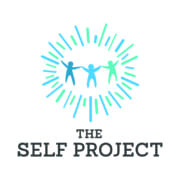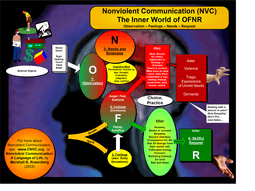“Why” is Your T(w)een’s Best Friend
If you’ve ever been around a toddler, you have heard the question, “why?” a lot. If you’re like most people, it drove you a little nuts.
Why is the sky blue? Why is my nose on my face? Why do I have to wash my hands?
As most of our kids go through school, they learn to whittle down their reasons for asking why, and learn that they can take some things at face value. But it is important for adolescents to turn that question around and point it at themselves. With more independence comes more responsibility, and they don’t always know how to make choices that are safe and healthy and mindful, but this one simple word can be a powerful way to focus their attention and help them make better decisions.
Asking why not only helps t(w)eens develop a sense of self-awareness, but it also reminds them that they have the power to control their actions and decisions. They have choices, and they are making them every day, all the time, whether they know it or not. They might as well understand why.
Without asking them to share their answers, I often encourage my daughters to get curious about the things they do. (Asking them to say it out loud is often a strong deterrent – they don’t want to be judged for their choices any more than anyone else does, and certainly not by their mother).
Why am I posting this picture online? What am I hoping to get out of it?
Why do I feel this powerful need to binge on sugary foods right now? What is going on in my life that is making me think this will help?
Why am I so upset at that comment Peter made? What is it about his words that affected me so strongly?
Developing a habit of inquiring about their motivations and choices can often shine a light on the inner voice that shames and blames and judges. And remembering that they have the freedom to choose how they react to any given situation can give them a sense of control over their lives that most adolescents are desperately seeking. As an added bonus, taking the split-second to ask “why” can offer enough space from an emotionally-charged incident that some of the emotion can dissipate and they can think more clearly.
After asking why, they may not make a different decision, but at least they will have gone through the motions to begin to be more self-aware. And the more we know about why we make the choices we make, the easier it gets to identify patterns of behavior.








Way to help your daughters increase their self-awareness!
When I am doing a mindful activity with students, I usually suggest they ask themselves why they are about to do anything they feel like doing, for example scratching their leg, open their eyes to peek at someone, etc. And yes, I agree that after this step, it becomes easier to identify behaviors and proceed to change them.
Thank you for your wise words and suggestions!
-Thereza